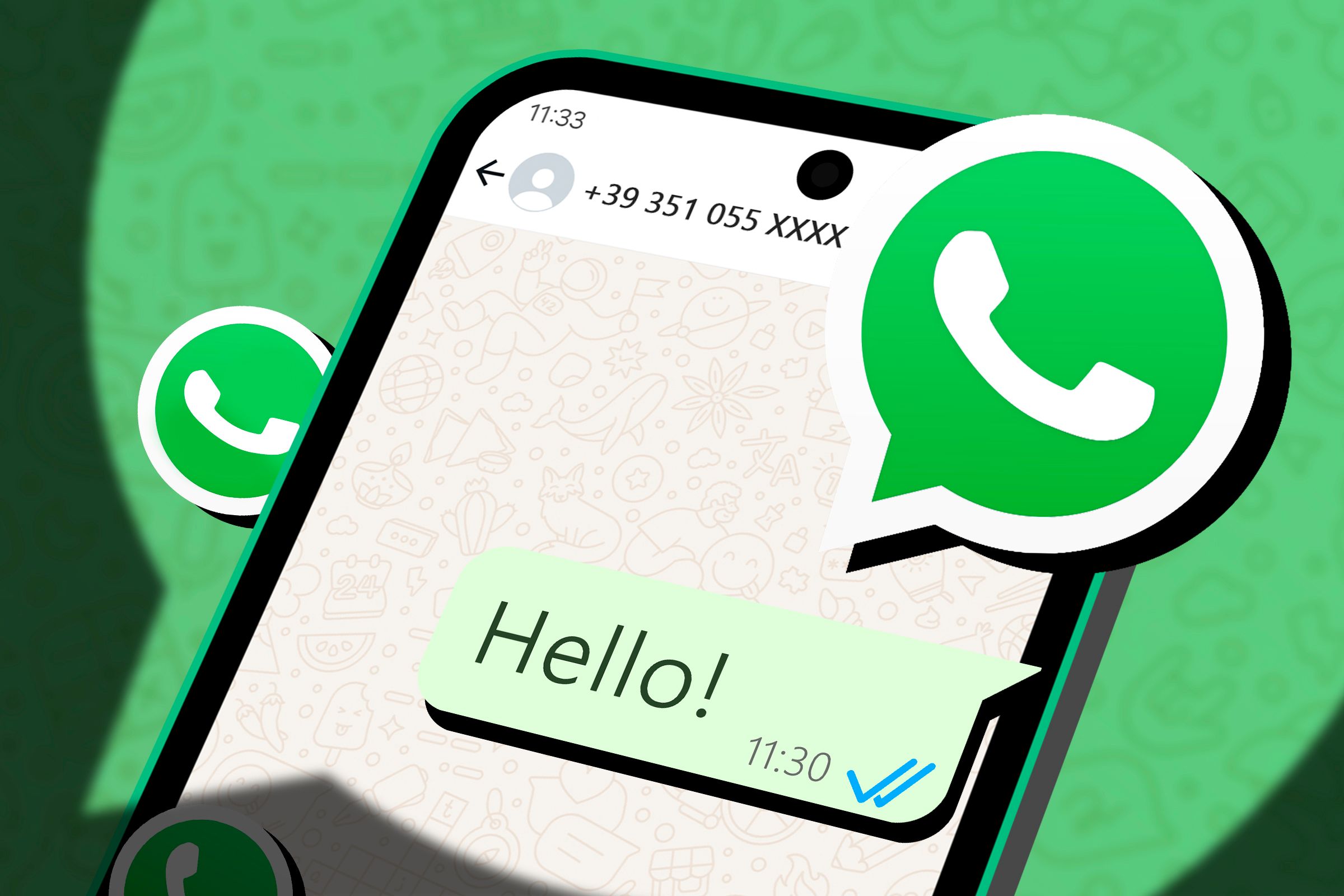Messaging between iPhone and Android devices is a nightmare. But the nightmare is about to end—Apple is preparing to launch RCS on iMessage, thereby resolving the problems that smartphone users encounter when setting up group chats or sending images cross-platform. WhatsApp, a competitor that won’t benefit from RCS, responded to this development with a shockingly successful last-ditch ad campaign.
Americans rarely think twice about their default messaging app. They use Google Messages or iMessage, as these are the apps that come with their smartphones. From an outsider’s perspective, the commitment to default texting apps is incredibly unusual. Most nations show a preference for multi-platform messaging apps like WhatsApp or Telegram. These apps don’t care if you’re using an iPhone or an Android device. They don’t impose arbitrary restrictions on iPhone-to-Android group chats, and they don’t nuke the images that you try to send to family members.
Based on its merits, WhatsApp should be a dominant force in the United States. But it isn’t, and this is partially due to a failure to communicate such merits. And the clock is ticking. Come September 2024, texting between iPhone and Android devices will greatly improve, and WhatsApp will have a much harder time marketing itself in the United States.
Full RCS support arrived for select iPhone users with the iOS 18 Developer Beta. One month later, Meta pushed an expensive WhatsApp advertisement starring the cast of Modern Family. It’s a cute sitcom reunion that communicates the problems of iPhone-to-Android texting and presents WhatsApp as a free, easy solution.
This ad ignores the fact that Apple is adding RCS to the iPhone. Many of the complaints presented by WhatsApp will be irrelevant (at least for most people) after September 2024. Still, the ad worked beautifully. It helped WhatsApp reach a new milestone—100 million users in the United States, a tenth of which are in Texas. In a press release celebrating this achievement, WhatsApp explains that “people want private and secure messaging that works well for everyone … no matter if you have an iPhone or Android.”
The question, of course, is whether WhatsApp can continue its momentum. Future advertisements may need to focus on WhatsApp’s unique capabilities, such as end-to-end encryption or international calling, as users may grow less receptive to attacks on basic iPhone-to-Android messaging capabilities.
Source: WhatsApp





![9to5Rewards: MacBook Pro giveaway + Chargeasap Connect Pro 100W cable [Giveaway]](https://techtelegraph.co.uk/wp-content/uploads/2024/06/Jeffs-Studio-Setup-14-inch-MacBook-Pro-03-218x150.jpg)